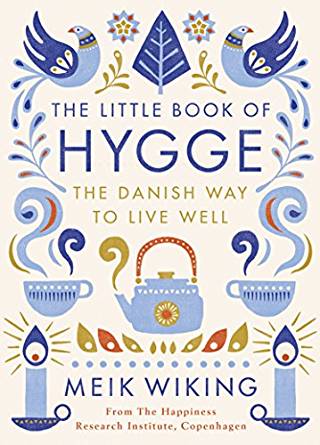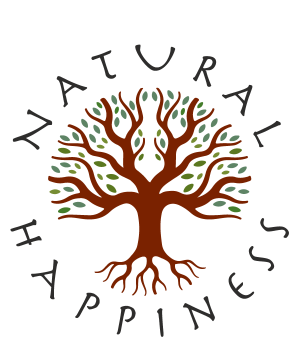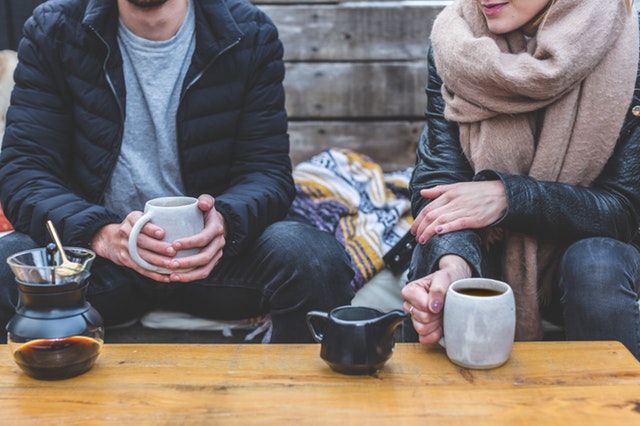Cosy friendship in all its forms: including tea, cake, candles!
Many surveys show the Danes to be the happiest people in Europe and the world, and the quality of hygge seems to be one reason. Hygge, pronounced hoo-guh, is hard to define or translate: friendly cosiness is the closest I’ve found.
The ritual of hygge
This charming little book, a bestseller in the UK and elsewhere, is written by Meik Wiking, who works for the Happiness Research Institute in Copenhagen. Hygge matters most on long dark winter nights, and you’d feel it through candles, snuggly blankets, comfort food, board games, and relaxing with a few friends.
Meik quotes a survey among Danes, showing that the three things they associate most with hygge are hot drinks, candles, and fireplaces. So the English love a cup of tea, by a cosy fire, with a cake and biscuit, is pure hygge!
A quality that’s undervalued these days is ritual. I regard having tea with friends or family as a simple ritual, meaning that it’s a way to make the occasion more special, even meaningful. Notice how people get more relaxed and reflective if they’re sharing a cuppa!

How to bring hygge into your life
Making your life more hyggelig should help you to nourish and enjoy friendships even more. Savouring each good experience, and feeling gratitude for it, are also ways to cultivate hygge.
You can make your home cosier by using more wood for floors, walls, furniture, and bringing nature indoors – flowers, twigs, pine cones, fur rugs. And in summer, you can find hygge with bonfires and barbeques out of doors.
It may be useful to explore hygge when you’re on your own, and see how you can befriend yourself more fully. But research shows that the optimum number of people for a hyggelig experience is 3-4.
Afternoon Delights – daily comforts
My new book on creative ageing, Not Fade Away, has a chapter entitles Afternoon Delights: daily comforts. This explores ways to make everyday life more nourishing for us, such as a pause for tea, and making your home more hygge. People often like their habits, so it’s good to make a habit of looking after yourself and your home.
If you find it hard to relax and make time to look after yourself, a useful habit is to give yourself a time budget: make sure at least one hour a day you do things you love. This may be simple things like a walk in Nature, a chat with a friend, or curling up with a book.
Wiking sensibly acknowledges that Danes’ happiness comes from other factors too. The welfare state is still thriving in Denmark, so there’s a sense of collective security which has worn thin in Britain. Danes also have a good work-life balance, with high levels of free time.

